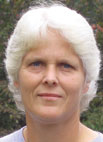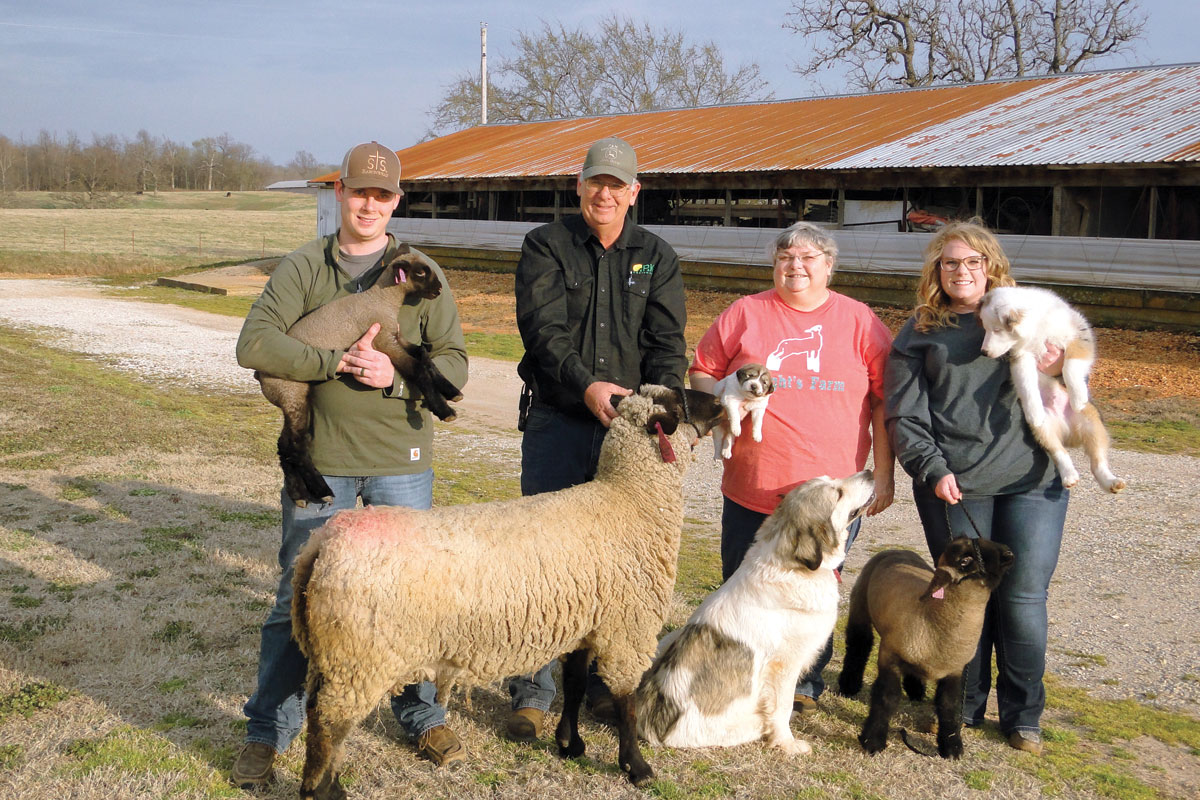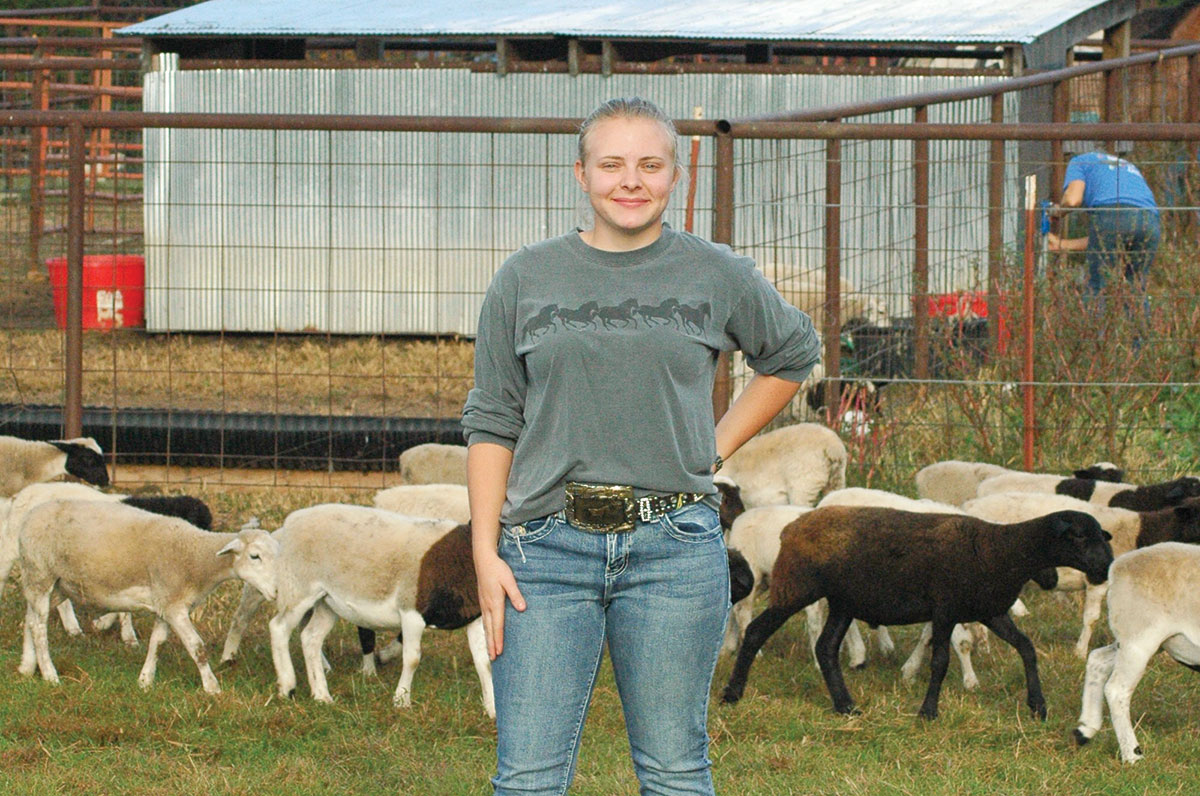
Highland cattle may be the most unique type of cattle ever seen on an Ozarks hillside. An ancient Scottish breed, the stock has outward-spreading horns and long wavy hair. Exported to North America in the 1880s, they are known as a hearty breed that will graze, browse and eat plants other cattle will avoid.
Philip and Marla Fouraker have discovered all these distinctive characteristics and started a small herd just a little over two years ago. Actually, “herd” isn’t the proper term. When speaking of a group of Highlands, the accurate word would be “fold.” So the Fourakers run their fold on 80-plus acres just south of Yellville, Ark., near Ralph. Marla’s family has been ranching in the area for approximately 20 years.
Since Philip and Marla switched to Highlands two years ago, they have acquired one bull, five cows, three heifers and two steers. “That’s quite a few for the Ozarks. If you’ve got 10, you’ve got a lot,” Philip said. They have bred their cows and are going to have calves beginning in November and December and continuing through spring.
The most amazing attribute of Highland cattle is how docile they are. A more compliant hunk of 1,100 pounds will never been seen. Philip and Marla say they can load them in cattle trailers with no trouble at all. They eat food right out of Marla’s hand and even allowed a couple of visiting writers to rub their noses. This is why Philip says some people will even buy one to use as a “yard ornament” or as a pet. There’s no reason to be afraid of them. They’re extremely mellow.
The meat is good, too. In addition to the excellent marbling, the Highland has less body fat, and therefore leaner meat with less cholesterol. This is because Highlands get most of their insulation from their thick shaggy hair rather than subcutaneous fat. They shed off a little in the summertime, but not much. Winter is definitely their favorite season.
The British royal family even prefers Highland beef. They’ve kept a fold at their Balmoral estate grounds near Braemar, Scotland for over a century.
The Fourakers belong to the American Highland Cattle Association.
The Fourakers supplement during the summer with the usual minerals and use liquid fly protection. The Highlands require minimal additional feed during the winter, but Marla said she puts out a little hay just to make sure.
In addition to owning Highland cattle, Philip also runs a sawmill on the property, called appropriately Fouraker Sawmill. He specializes in custom cutting and will cut logs to any dimension lumber desired. Philip also has cut cedar lumber available. The newest addition to the lumber mill is a chipper, which allows Philip to turn his scraps into animal bedding and landscaping material.
The Fourakers are looking forward to selling some of their Highland thoroughbreds beginning next summer, and spreading the Highlander interest and involvement.







